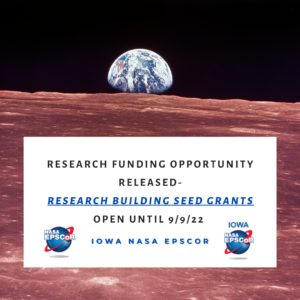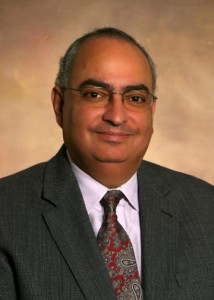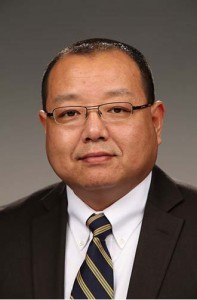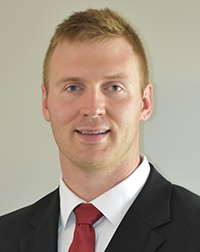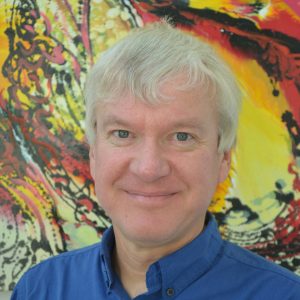NASA’s Physical Sciences Research Program has selected five ground-based proposals in response to the Physical Sciences Informatics System call for proposals. This program element is part of Science Mission Directorate (SMD) Research Opportunities in Space and Earth Sciences – 2021 (ROSES-2021) solicitation. These five research projects, involving recognized experts in the fields of combustion science, complex fluids, fluid physics, informatics, and materials science, will use data contained in the PSI system and build on prior reduced-gravity research to advance fundamental research in the physical sciences.
Researchers will investigate important problems with existing data from NASA’s Physical Sciences Informatics (PSI) system. The online database contains data from completed physical science reduced-gravity flight experiments conducted on the International Space Station, Space Shuttle flights, free flying spacecraft, commercial cargo flights to and from the space station, or from related ground-based studies.
One of the selected studies will use In-Space Soldering Investigation (ISSI) experiment to investigate and improve our understanding of how porosity develops in the solder joints, how it is influenced by gravity, and how solder joints properties and functions are affected. The proposed work would apply advanced 3D materials characterization to solder samples from ISSI and non-ISSI compositions. The additional characterization may feedback into the design of the next generation of on-orbit experiments for soldering, essential for future long-duration human exploration missions. This project is led by Prof. Siddartha Pathak (Iowa State University, Ames).
Another selected investigation, seeks to develop the ATOMTM toolbox, a simple computer vision, data analytics and machine learning tool, to expand the meaning and interpretation of existing microgravity data in the PSI system. The results of the project will provide the means for users to better interact with the data, standardize data output and perform insightful analysis on selected datasets to increase the science readiness of investigations. The project is led by Dr. Ioana Cozmuta (G-Space, Inc).
The selected proposals are from five institutions in five states, with the total combined award amount of approximately $999K during a two-year period.
The Physical Sciences Research Program is managed by the Biological and Physical Sciences Division in NASA’s Science Mission Directorate. This program conducts fundamental and applied physical sciences research, with the objective of pioneering scientific discovery, enabling space exploration, and providing benefits on Earth. The program furthers fundamental research by investigating the fundamental laws of the universe and physical phenomena in the absence of gravity. The program also conducts applied research, which contributes to the basic understanding underlying space exploration technologies that will further our return to the Moon and our journey to Mars and beyond. Both have led to improved space systems or new products on Earth.
Below is the complete list of the selected proposals, principal investigators, and their organizations:
- Ioana Cozmuta, G-Space, Inc., “Development of a computer vision based toolbox for feature extraction, analysis, modeling and prediction of microgravity data sets”
- Donald Koch, Cornell University, “Dynamic response of particle-filled polymeric fluids in flows with complex Lagrangian time histories”
- Ranga Narayanan, University of Florida, Gainesville, “Reduced-Order Model and Experiments Using the PSI Data from STDCE”
- Siddartha Pathak, Iowa State University, Ames, “Structure, Properties and Performance of Solder Joints in Terrestrial vs. Reduced-Gravity Environments”
- Robert Pitz, Vanderbilt University, “Effect of stretch and curvature on cool flame transitions & structures using tubular flames”
https://science.nasa.gov/science-news/biological-physical/nasa-selects-5-proposals-to-provide-new-insights-from-openly-available-data-in-the-physical-sciences-informatics-system
